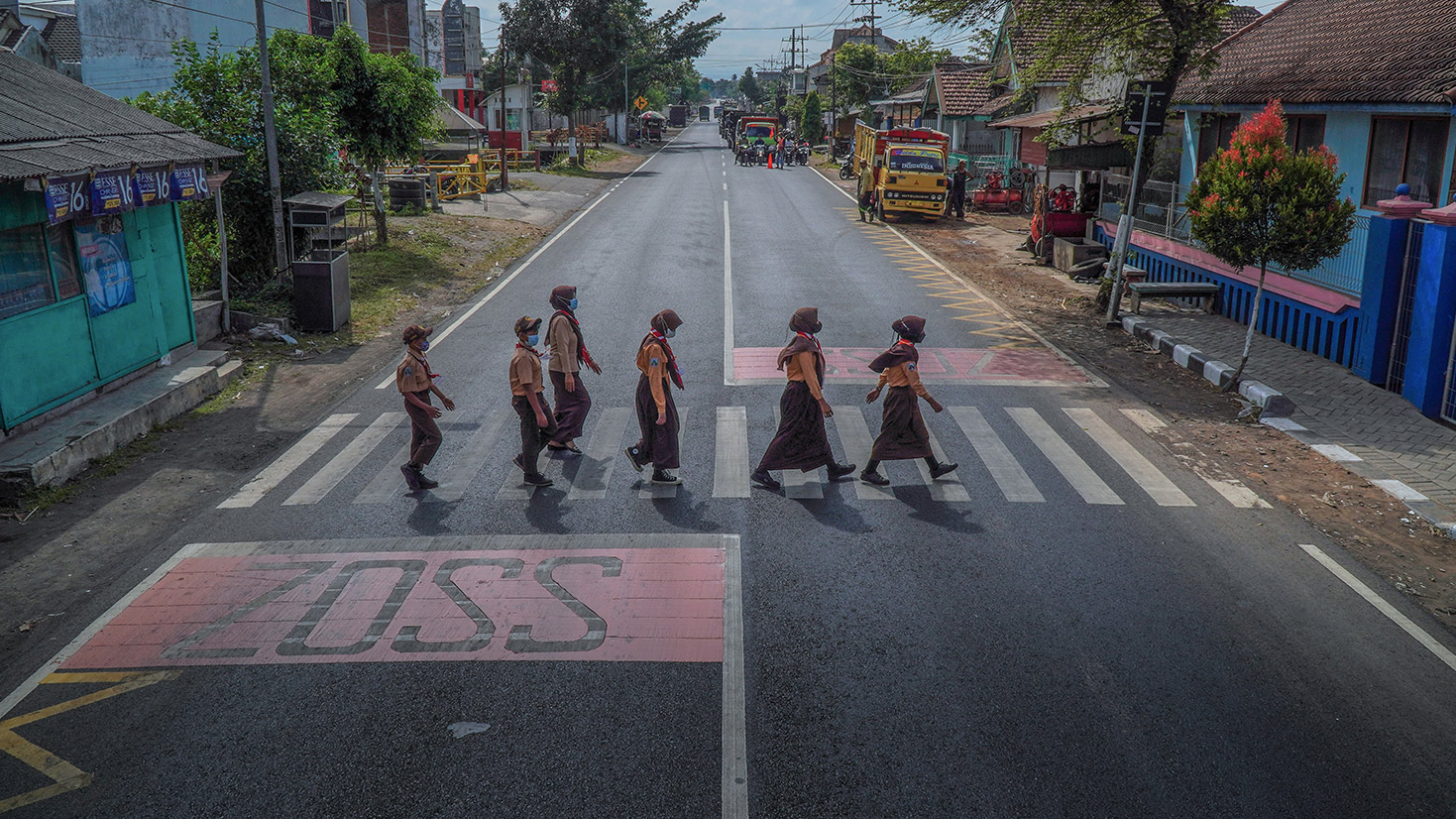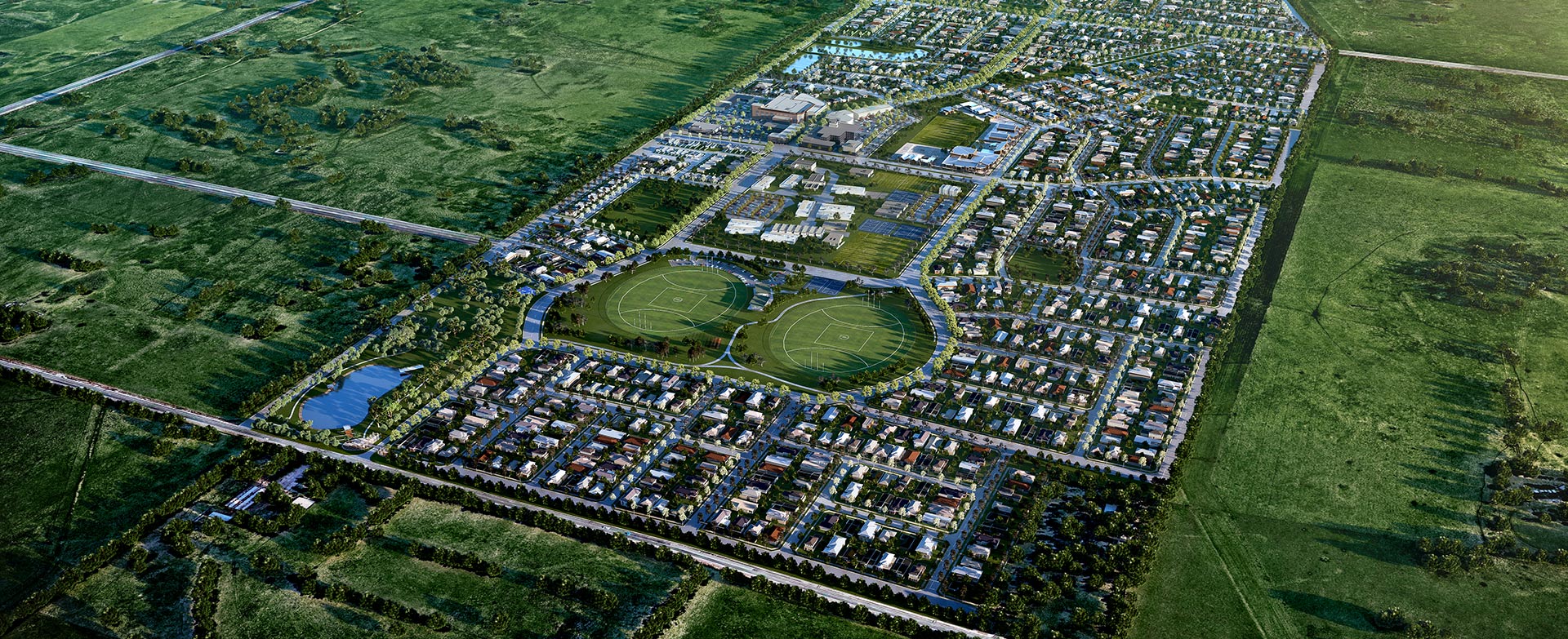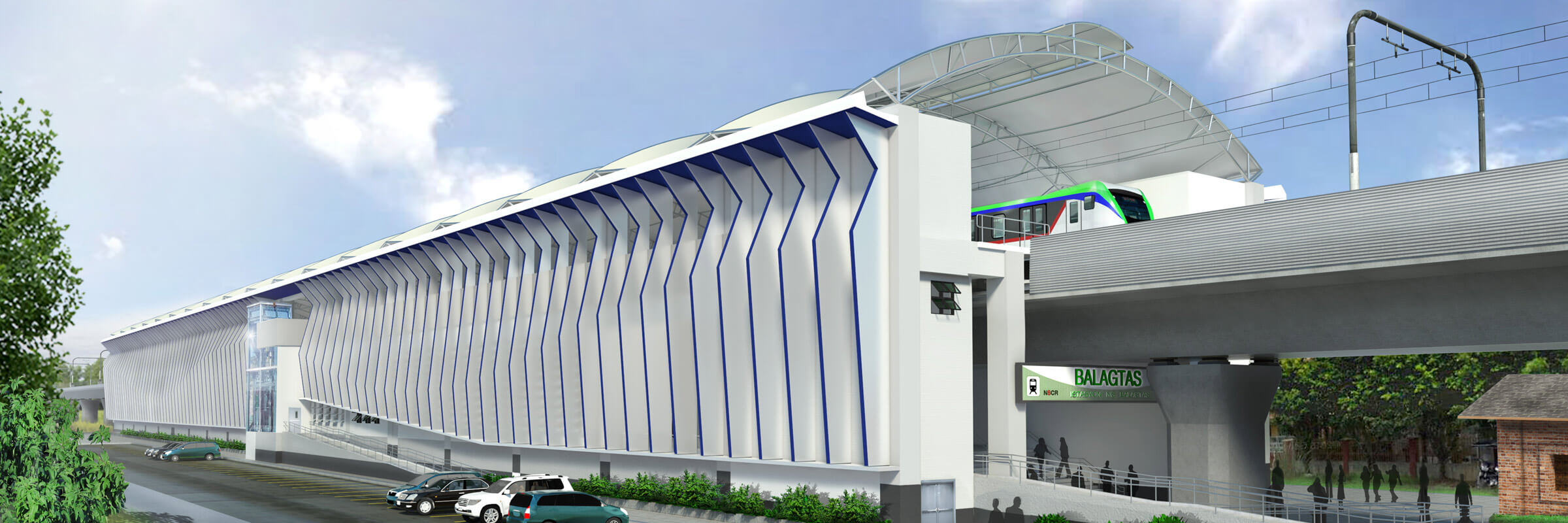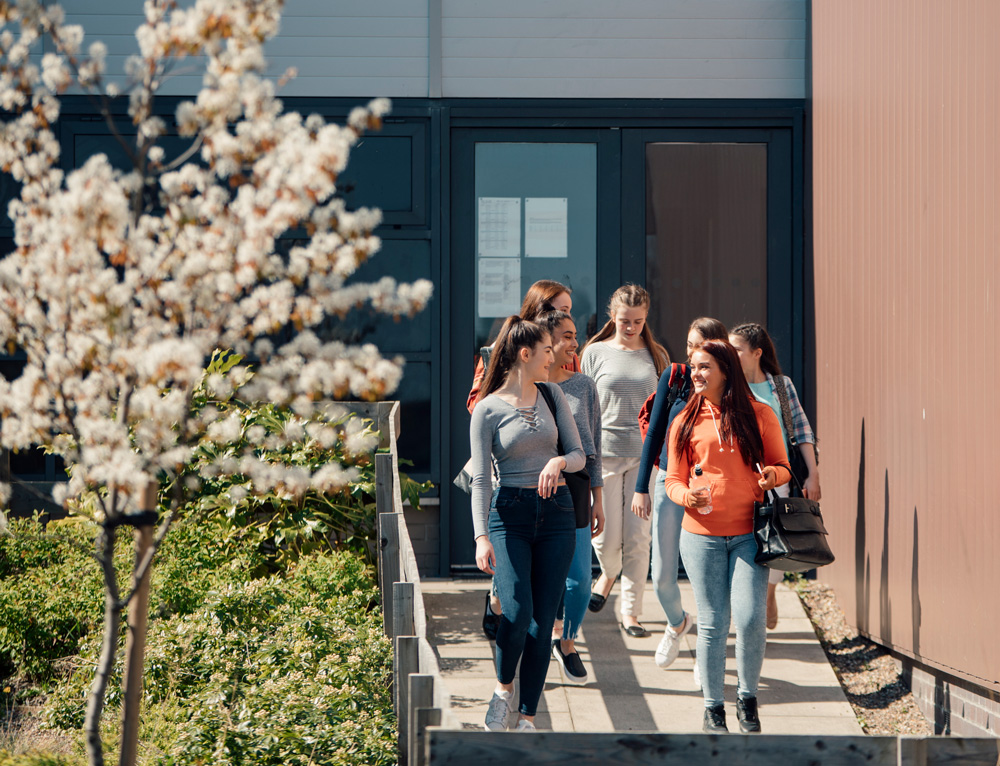
Social development promotes worldwide access to services and infrastructure—which in turn, progresses inclusive economic growth. Encompassing governance and institutional strengthening, climate change, and adaptation in planning and infrastructure, SMEC’s specialist expertise in social development extends across environmental and social assessments, planning, and due diligence. Our role in DFAT projects often involves educating local communities in sustaining new or rehabilitated assets and systems.
“Projects and programs are more effective if stakeholders actively engage and participate in their delivery which is why continuous, evidence-based learning, gender equality, and social inclusion are critical to our approach,“ shares Libby. “Frameworks that evaluate project performance are also essential to effective policy decision-making and future program adaptation opportunities.”



Bus testing in the Indonesia Infrastructure Initiative; photo from the Australia Indonesia Partnership for Economic Governance (AIPEG) project; and roadworks progressing in Indonesia under the Australia Indonesia Infrastructure Partnership.
Progressing Indonesia’s infrastructure and growth
For more than a decade, SMEC has delivered a broad range of social development services to progress Indonesia’s economy and infrastructure. From 2010, SMEC managed DFAT’s seven-year Indonesia Infrastructure Initiative policy, planning, and investment delivery. Then, in 2014, DFAT engaged SMEC to manage the growth-focused Australia Indonesia Partnership for Economic Governance (AIPEG).
SMEC’s technical expertise on DFAT’s Indonesia Infrastructure Initiative sought to boost infrastructure expenditure by removing uncertainty in regulatory policies. On the other hand, the AIPEG partnership, saw us design budget frameworks, administration reforms, and regulatory measures to increase market competition and stability.
“These projects have built strong foundations for competitive regulatory policies in infrastructure development,” shares Libby. “Together they have accelerated access to clean water supplies, improved sanitation, and transport in Indonesia.”
Today SMEC is working with DFAT to implement the Program Hibah Jalan Daerah (PHJD) under an Australian-Indonesian government partnership called Kemitraan Indonesia Australia untuk Infrastruktur – KIAT. Set to progress Indonesia’s transport sector and economy, our role includes developing manuals and processes for a sustainable road network.



Libby Paholski pictured in Vanuatu working on the R4D project in 2015; stakeholders in Vanuatu’s roads; and institutional development work on the project.
Increasing access to Vanuatu’s rural roads
In 2013, SMEC embarked on a five-year social development partnership with DFAT to progress impactful transport sector projects in Vanuatu. We delivered both the institutional development and physical components of the nation’s Roads for Development (R4D) program, which has helped many communities access well-maintained and sustainable transport networks and extended Vanuatu’s rural roads by 30 per cent.
Libby notes that establishing an appropriate governance structure for new or rehabilitated infrastructure is key to institutional development.
“In the Roads for Development project, we streamlined processes, systems, skills, and resources to effectively build capacity among local organisations to operate and sustain the network,” she shares.
“Improving rural transport access helps communities in Vanuatu access to schools, health facilities, and other vital services, as well as providing AUD 4.2 million in wages for rural communities.
“It’s immensely satisfying to bring one’s perspectives, skills, and experience to another country and work in partnership to help overcome challenges and maximise opportunities to change lives.“

Photo from the South Tarawa Sanitation Improvement Project on Kiribati Island.
Ingraining water sanitation through education
SMEC worked to improve public health and reduce chronic water-borne disease on the now-complete DFAT and Asian Development Bank-funded South Tarawa Sanitation Improvement Project. Maintaining a permanent team on the island from 2012, SMEC partnered with Kiribati’s Ministry of Infrastructure and Sustainable Energy for seven years to rehabilitate and upgrade the island’s sewer network, along with three ocean outfalls and other sanitation infrastructure.
Despite South Tarawa’s total land area being smaller than 15 km2, more than 260 communities participated in hygiene and sanitation education programs. We also provided community-based organisational capacity and ongoing asset management training. Testament to SMEC’s capacity-building efforts in educating local communities, post-program health data indicates both a dramatic reduction in water-borne diseases particularly among South Tarawa’s low-income urban settlements—and marked improvement in sanitation behaviours.
“The data highlights a clear correlation between the improved sanitation infrastructure and improved sanitation behaviours,” Libby says. “Engaging local communities to deliver and sustain the revived systems (through hygiene and sanitation education programs) was key to the project’s success.”
Libby Paholski is General Manager, Social Development & Environment at SMEC. Based in Queensland, Australia, Libby partners with our clients to manage key social development and environment programs in South East Asia and the Pacific.
Related
insights
 70 Years Forward: Urban communities
70 Years Forward: Urban communities
Urban development has changed dramatically over the past 20 years and future transformation will continue to occur swiftly. At SMEC, we are preparing for seismic shifts in urban development practices that could potentially rewrite how we design the spaces in which we live and work.
 Enriching lives through The SMEC Foundation
Enriching lives through The SMEC Foundation
Knowing that the organisation you work for does something to help people in need is exciting. To know that, as an employee, you can make a contribution to that effort is a reward money can’t buy.






